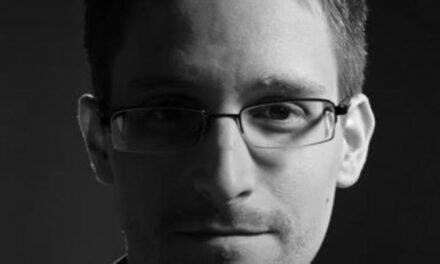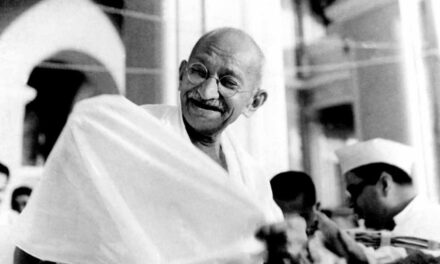Mission impossible is the phrase that most of us associate with the so-called Hollywood movie starring Tom Cruise. In reality, if there is anything close to mission impossible it is the task of climbing the 14 highest mountain peaks on the planet that all reach above 8.000 meters. Even such a mission seems possible if undertaken slowly and backed by many resources but in the case of Nimsdai Purja that mission had to be accomplished in less than 7 months. Just for comparison, a similar mission has been accomplished before by Reinhold Messner but it lasted 16 years. For anyone interested in the entire story besides its political connotation should watch the entire movie “14 Peaks: Nothing is Impossible.”
FROM PROFESSIONAL SOLDIER TO ENVIRONMENTAL ACTIVIST
Nimsdai served 16 years in the British Armed Forces starting as a member of the Brigade of Gurkhas and continuing in the elite Special Boat Service unit which is equivalent to the Navy SEALs. Solely on the ground as a professional soldier, Nimsdai has proven himself as the protector of the public good of peace and order. However, during his climbing expedition, Nimsdai has witnessed the devastating effects of climate change. In turn, he started using his social media profile which in the meantime gained a huge amount of followers to raise awareness about this issue. In his book Beyond Possible: One Soldier, Fourteen Peaks — My Life in the Death Zone, he also provided 8 commandments for ethical climbing which one can apply in any other domain of life.
NEPALESE PRIDE
Another driving force behind Nimsdai’s motivation is related to his Nepalese ancestry. One could conclude that his mission has served as a tribute to all the sherpas that have assisted westerners in their climbing endeavors all over the Himalayas. As he writes:
“‘It’s highly likely that if I’d been a climber from America, Great Britain, or France, then every outlet in the world has noticed the effort. I was also a realist. Those media companies with the biggest global outreach were mainly owned by western investors. The story of a climber from Chitwan and his attempts to scale the world’s tallest mountains in record-breaking time didn’t carry the same impact as a mountaineer working towards a similar goal from New York., Manchester or Paris. Even though I was technically a British citizen, my nationality had positioned me under the radar of almost everyone.“
At one point Nims explains audience how Sherpas “work hard to support westerners” which in turn only remark “my Sherpa helped me” without bothering to mention their true names. “He has a name!” Nims warns. For that purpose and in order to stress how important Nims teammates were in order to make the Project Possible succeed let’s use this opportunity to proudly list their names:
- Mingma David Sherpa – “…the strongest Sherpa he ever met and his right hand.”
- Geljen Sherpa – “…the best dancer on the planet.”
- Lakpa Dendi Sherpa – “…who carry the weight which weighs as a house.”
- Gisman Sherpa – “…willing to put everything on the line.”
Along with the core team which Nims mentions in the movie, there were many others who joined them on single missions such as Tensi Kasang Sherpa, Mingma Tenzi Sherpa, Pem Chiri Sherpa, Dawa Temba Sherpa, Sona Sherpa, Kili Sherpa, and many others.
NIMSDAI VS. COMMUNIST BUREAUCRACY
Besides climbing the world’s highest peaks in a notoriously short period of time, another mission that is seemingly impossible is the one that includes obtaining a permit from the Chinese communist bureaucratic structure. In order to climb the last mountain – the Shishapangma in Tibet, Nimsdai had to obtain a special permit from the Chinese government. Not surprisingly, his initial request was denied. It would have been ridiculous if such a long journey was ended by some no-name apparatchik official. Spectators nowadays expect either glorious or tragic endings and denied permit falls far from both of these two categories. In order to make another impossible mission possible Nimsdai asked his social media followers for help which in turn started bombarding the Chinese government with requests. And ultimately he succeeded to climb the Shishapangma with all the necessary paperwork in his pocket. Speaking of impossible…











